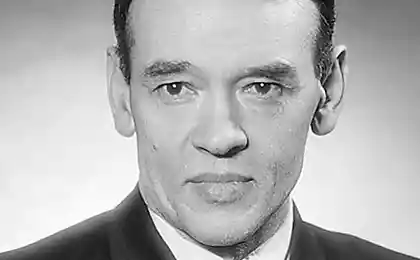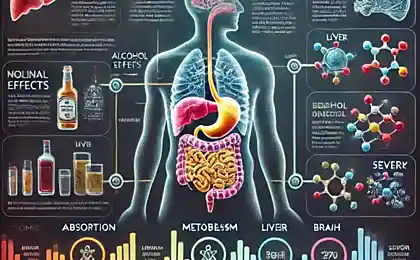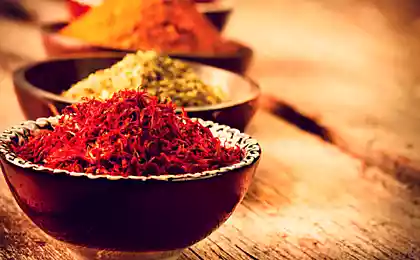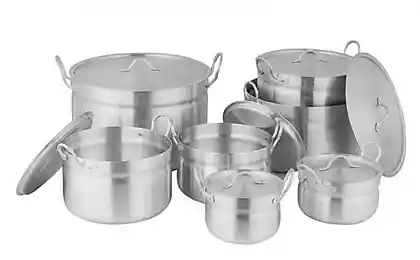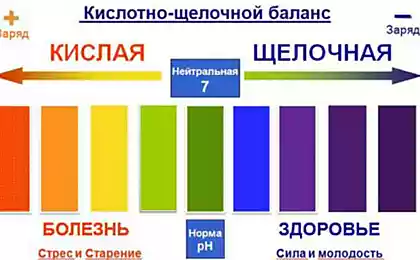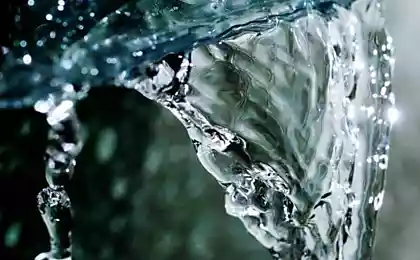625
How alcohol affects the body and physical form
Sport, physical culture is a good way to escape from their problems, but at the end of the week, which was also filled with workouts, few will refuse a drink. Anyway alcohol is constantly accused of negative impact on the body, on your health, especially when we are talking about training, physical training.
Is it terrible alcohol is actually? Let's learn about the real effects on the body alcohol. So, how does alcohol affect the body?
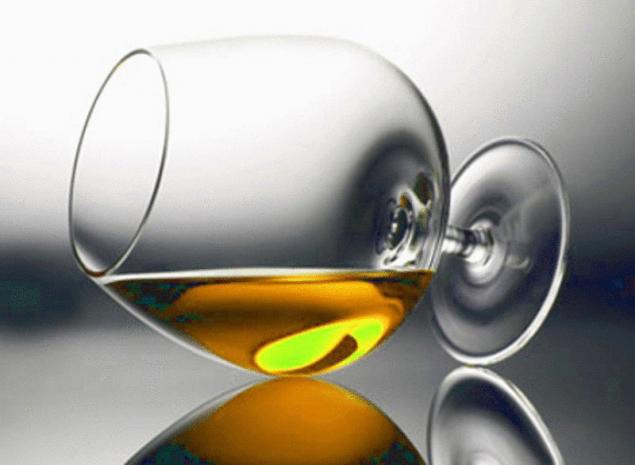
The effect of alcohol on organizeri the use of alcoholic beverages, ethanol (alcohol) contained in them enters the stomach and 20-25% of its immediately absorbed into the bloodstream. The remaining ethanol passes into the small intestine, and there gradually absorbed. After the alcohol got into the blood stream, it gradually enters the liver where is broken down. A healthy liver is able to split 28 grams of alcohol for a half hour (this is the approximate amount of alcohol in a glass of strong alcohol, a glass of wine or pint of beer).
In fact, the speed with which the alcohol will be burned up in the liver can be affected by various factors. One of them is the level of fat in your body, the lower the number the faster the alcohol. Also affects the gender of a person, usually in women, alcohol is slowly excreted from the body. Entire amount of alcohol that at the moment the liver can not excrete the remains in the blood.
Ethanol on the Central nervous system has an inhibitory effect, so the first glass or a glass person relax. However, as a growing number of alcohol in the blood, this effect increases and the person becomes drunk. Now, realizing the influence of alcohol, you should find out why alcohol abuse has a negative effect on health and sports.
Alcohol prevents the synthesis of alkalmaval effect in the body for absorption and assimilation of protein and inhibit its synthesis. Protein synthesis — the process of connecting amino acids to each other to form protein. Muscle growth involves nalichestvuya positive protein balance. If not, then when a serious muscle loads, the muscle tissue will be unable to compensate due to your workouts are breaking down muscle fibers and this will lead to a decrease in muscle mass.
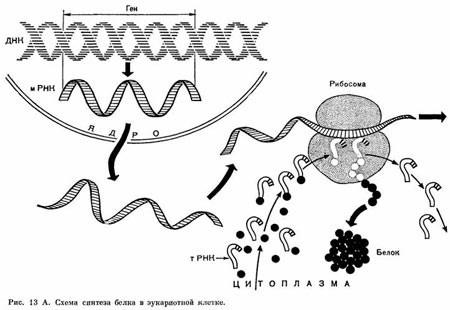
One study in 1991 was published in the journal Alcohol and Alcoholism, it showed that alcohol prevents protein synthesis and causes in many cases the development of myopathy. In myopathy the muscle fibers do not function properly, it causes physical weakness and sometimes even paralysis.
Alcohol lowers the level of testosteronemale testosterone promotes the regeneration and growth of muscles. The decrease in the level of testosterone is associated that reduced lean muscle mass and speed muscle recovery, and this has a negative impact on athletic performance. The presence of alcohol in the body triggers a series of chemical reactions, including the production in the liver toxin, which destroys testosterone.
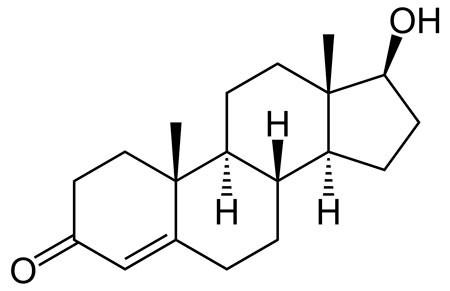
The study, which was conducted in 2009, showed how alcohol affects the body — from the soldiers who periodically abuse alcohol, had low testosterone and high estrogen level that is exemplary. The situation is as follows, estrogen lowers testosterone levels, and alcohol in turn slows down the body's breakdown of estrogen and this leads to its increased content in the blood system.
Alcohol dehydrates and takes Energieanlagen affects the body as a good diuretic. The fact that the kidneys are forced to filter large amounts of water during the process of digestion of alcohol, therefore, is dehydration, and the consequences of dehydration may take even a week, it will depend on the amount of alcohol consumed. If dehydration is a high risk of injury to the musculoskeletal system. You may experience sprains, strains, muscle cramps, also your appetite will decrease even despite the fact that your energy needs will not decrease.
As the ethanol is absorbed in the stomach and small intestine, while getting into the cells, water balance of the body is disturbed. The lack of water in muscle cells prevents the synthesis of ATP, and it is the fuel that is needed for muscle contraction. Reduced ATP synthesis may be the cause of a small amount of energy and endurance decline. I must say that water plays a significant role in the development of muscle mass, as they are on 70% consists of water. Therefore, the muscles will experience stress, even in mild dehydration.
The consumption of alcohol depletes vitamins and minerals in organismele in order to maintain health and normal functioning of the body, it needs minerals and vitamins. But when alcohol very rapidly begin to receive the vitamins and minerals.
Alcohol contains калории1 gram of alcohol contains 7 calories, it turns out that one evening along with alcoholic drinks you can consume a lot of calories.
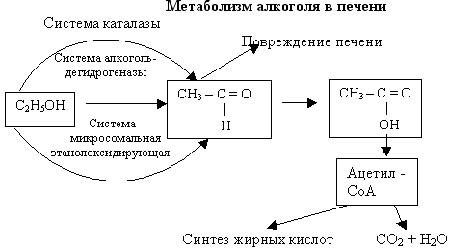
But the muscles are not able to use the energy contained in alcohol. So instead overwork it into glycogen (a special carbohydrate used for energy storage), the body of alcohol generates fat. The sugar contained in alcoholic beverages, will be converted into fatty acids. This suggests that alcohol contributes to an increase in fat mass.
Alcohol hinders recovery misspoke a strenuous workout to give the muscles time to recover and to resolve the occurred damage in the muscle fibers. I have confidence that the muscle growth leads the process of recovery. Sleep is one of the best tools that contribute to muscle growth. But consumed alcohol negatively affects your sleep, the body is experiencing problems with the generation of growth hormone secreted during sleep. For the development and recovery of muscle growth hormone is very important, and alcohol as much as 70% may reduce the secretion of growth hormone. This is confirmed by scientific researches. In 2012 a group of scientists in New Zealand from Massey University published a study that found that athletes who consume alcohol severely limited the ability to recover.
Source: lubim-zhizn.ru/
Is it terrible alcohol is actually? Let's learn about the real effects on the body alcohol. So, how does alcohol affect the body?

The effect of alcohol on organizeri the use of alcoholic beverages, ethanol (alcohol) contained in them enters the stomach and 20-25% of its immediately absorbed into the bloodstream. The remaining ethanol passes into the small intestine, and there gradually absorbed. After the alcohol got into the blood stream, it gradually enters the liver where is broken down. A healthy liver is able to split 28 grams of alcohol for a half hour (this is the approximate amount of alcohol in a glass of strong alcohol, a glass of wine or pint of beer).
In fact, the speed with which the alcohol will be burned up in the liver can be affected by various factors. One of them is the level of fat in your body, the lower the number the faster the alcohol. Also affects the gender of a person, usually in women, alcohol is slowly excreted from the body. Entire amount of alcohol that at the moment the liver can not excrete the remains in the blood.
Ethanol on the Central nervous system has an inhibitory effect, so the first glass or a glass person relax. However, as a growing number of alcohol in the blood, this effect increases and the person becomes drunk. Now, realizing the influence of alcohol, you should find out why alcohol abuse has a negative effect on health and sports.
Alcohol prevents the synthesis of alkalmaval effect in the body for absorption and assimilation of protein and inhibit its synthesis. Protein synthesis — the process of connecting amino acids to each other to form protein. Muscle growth involves nalichestvuya positive protein balance. If not, then when a serious muscle loads, the muscle tissue will be unable to compensate due to your workouts are breaking down muscle fibers and this will lead to a decrease in muscle mass.

One study in 1991 was published in the journal Alcohol and Alcoholism, it showed that alcohol prevents protein synthesis and causes in many cases the development of myopathy. In myopathy the muscle fibers do not function properly, it causes physical weakness and sometimes even paralysis.
Alcohol lowers the level of testosteronemale testosterone promotes the regeneration and growth of muscles. The decrease in the level of testosterone is associated that reduced lean muscle mass and speed muscle recovery, and this has a negative impact on athletic performance. The presence of alcohol in the body triggers a series of chemical reactions, including the production in the liver toxin, which destroys testosterone.

The study, which was conducted in 2009, showed how alcohol affects the body — from the soldiers who periodically abuse alcohol, had low testosterone and high estrogen level that is exemplary. The situation is as follows, estrogen lowers testosterone levels, and alcohol in turn slows down the body's breakdown of estrogen and this leads to its increased content in the blood system.
Alcohol dehydrates and takes Energieanlagen affects the body as a good diuretic. The fact that the kidneys are forced to filter large amounts of water during the process of digestion of alcohol, therefore, is dehydration, and the consequences of dehydration may take even a week, it will depend on the amount of alcohol consumed. If dehydration is a high risk of injury to the musculoskeletal system. You may experience sprains, strains, muscle cramps, also your appetite will decrease even despite the fact that your energy needs will not decrease.
As the ethanol is absorbed in the stomach and small intestine, while getting into the cells, water balance of the body is disturbed. The lack of water in muscle cells prevents the synthesis of ATP, and it is the fuel that is needed for muscle contraction. Reduced ATP synthesis may be the cause of a small amount of energy and endurance decline. I must say that water plays a significant role in the development of muscle mass, as they are on 70% consists of water. Therefore, the muscles will experience stress, even in mild dehydration.
The consumption of alcohol depletes vitamins and minerals in organismele in order to maintain health and normal functioning of the body, it needs minerals and vitamins. But when alcohol very rapidly begin to receive the vitamins and minerals.
Alcohol contains калории1 gram of alcohol contains 7 calories, it turns out that one evening along with alcoholic drinks you can consume a lot of calories.

But the muscles are not able to use the energy contained in alcohol. So instead overwork it into glycogen (a special carbohydrate used for energy storage), the body of alcohol generates fat. The sugar contained in alcoholic beverages, will be converted into fatty acids. This suggests that alcohol contributes to an increase in fat mass.
Alcohol hinders recovery misspoke a strenuous workout to give the muscles time to recover and to resolve the occurred damage in the muscle fibers. I have confidence that the muscle growth leads the process of recovery. Sleep is one of the best tools that contribute to muscle growth. But consumed alcohol negatively affects your sleep, the body is experiencing problems with the generation of growth hormone secreted during sleep. For the development and recovery of muscle growth hormone is very important, and alcohol as much as 70% may reduce the secretion of growth hormone. This is confirmed by scientific researches. In 2012 a group of scientists in New Zealand from Massey University published a study that found that athletes who consume alcohol severely limited the ability to recover.
Source: lubim-zhizn.ru/




